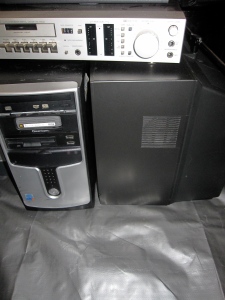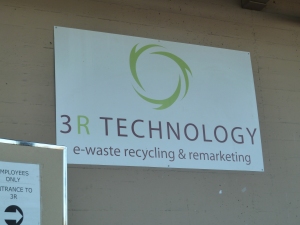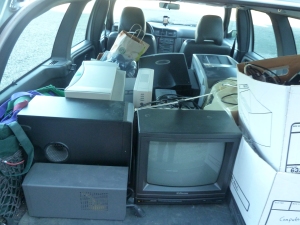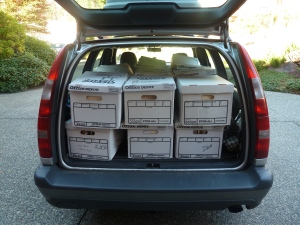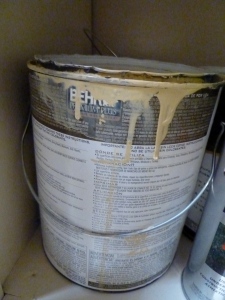The lack of “red” showing a seller’s market in Seattle area real estate is no big surprise. However, it’s good to see the market was more balanced in some Seattle area neighborhoods in October.
A balanced market is when homes on average are selling between 3-6 months, which means there was a level playing field between buyers and sellers in those areas for that particular month. A buyer’s market means the homes on average are taking longer than 6 months to sell and a seller’s market means the homes take less than 3 months to sell.
A real estate market is labeled a buyer or seller’s market depending on how long it took the homes to sell that month. Since the sales can vary each month, the type of real estate market can very easily change, going back and forth between a buyer or seller advantage.
Even though it’s more challenging for sellers, there are homes that stand out and sell with multiple offers or for full price. Look at the overall real estate market, look at the market in the neighborhood, and then look at the specific home and how well it’s priced for that market. When making a pricing decision, all of this data is important.
———————————
What do the numbers on the map mean?
The map is divided into the numbered areas as defined by our Northwest Multiple Listing Service (NWMLS). Downtown Bellevue is area 520 and East Bellevue is area 530, as an example.
What do the colors mean?
Red means it’s a sellers’ market, a sellers’ advantage. Homes take less than 3 months to sell.
Yellow means a balanced market between buyers and sellers. Homes on the average take 3-6 months to sell.
Green means it’s a buyers’ market. Homes take longer than 6 months to sell.
If you take each area as shown on the map and look to the area number on the side of the map, it will tell you how long it would take to sell every home currently for sale if no other home came up on the market in that area.
 Facebook
Facebook
 X
X
 Pinterest
Pinterest
 Copy Link
Copy Link


